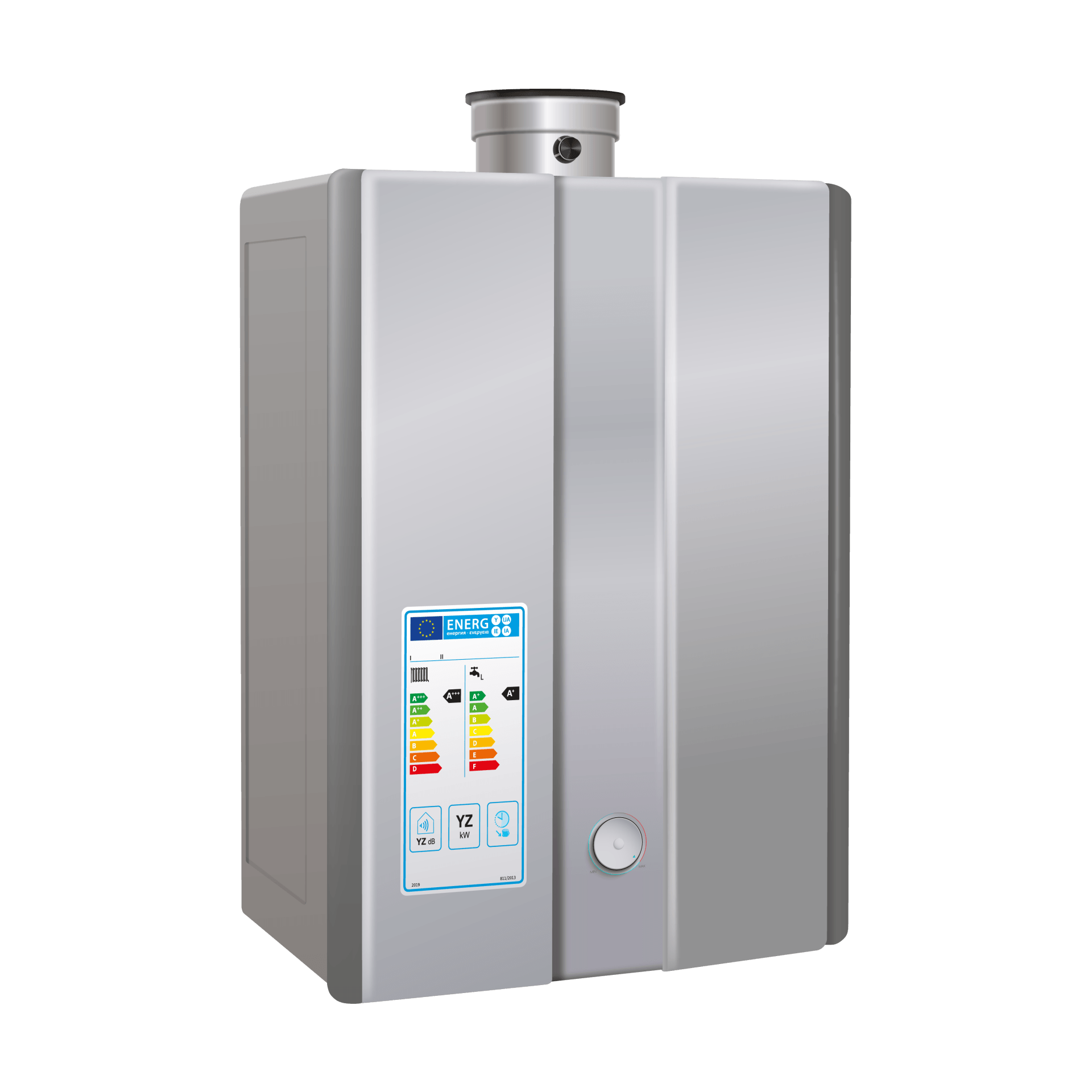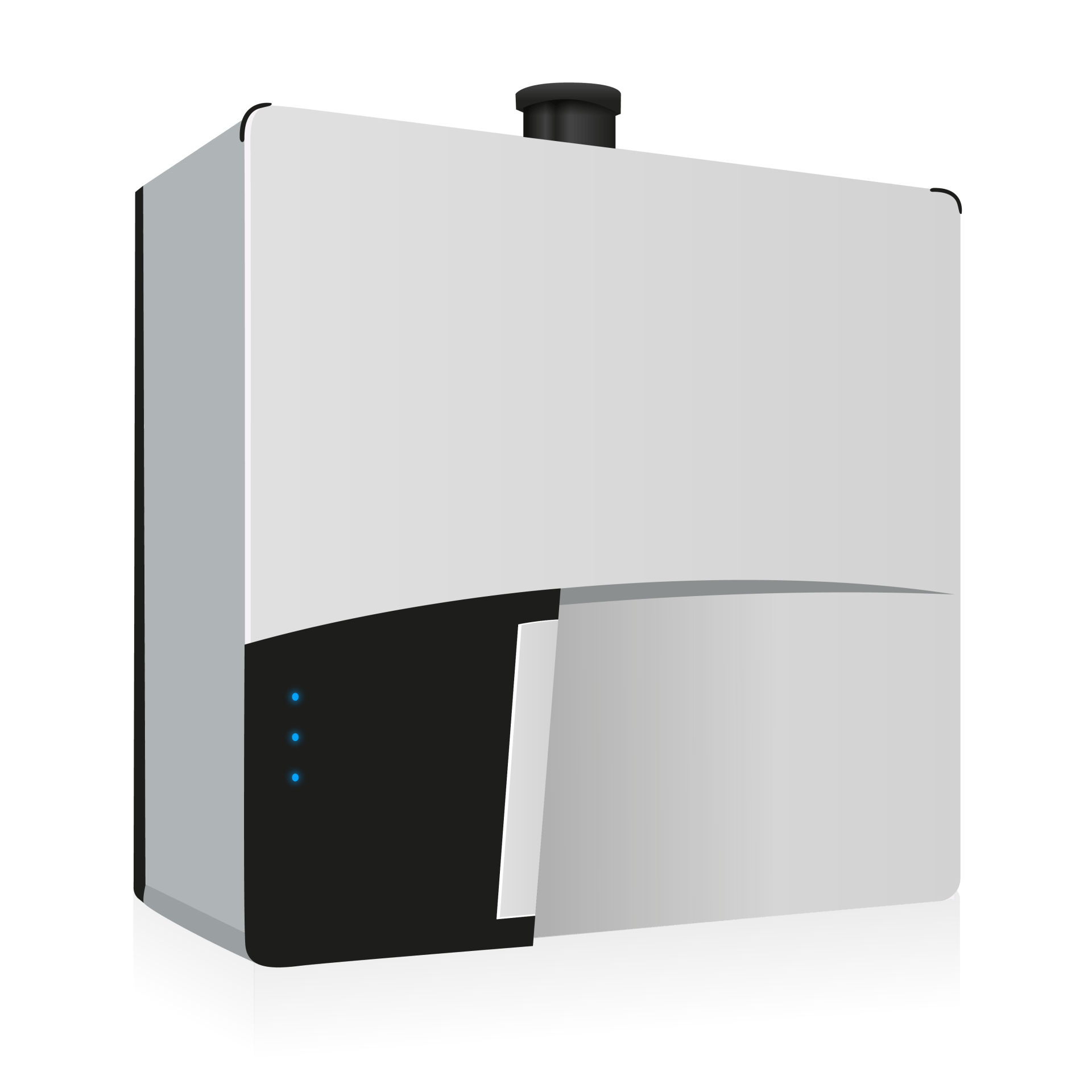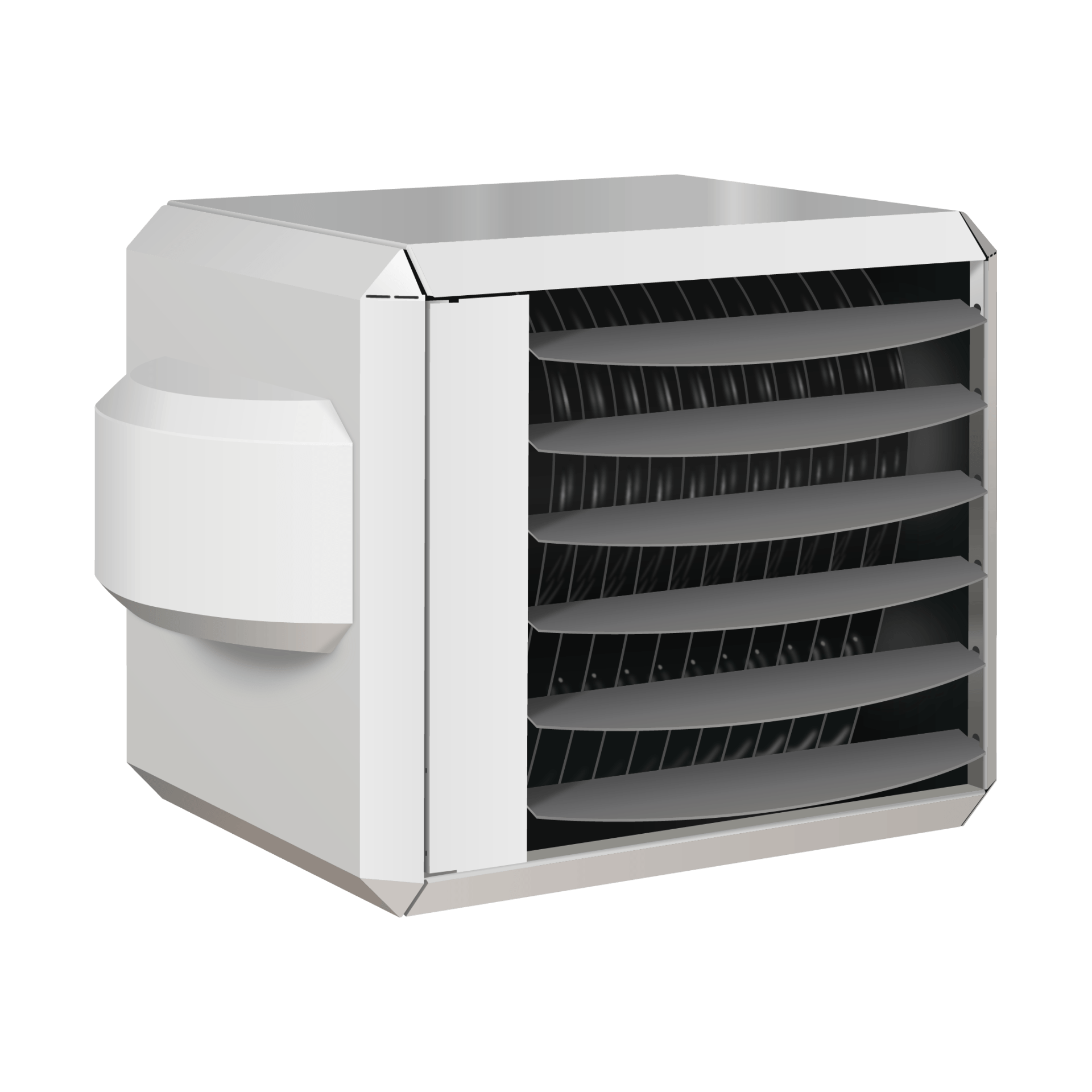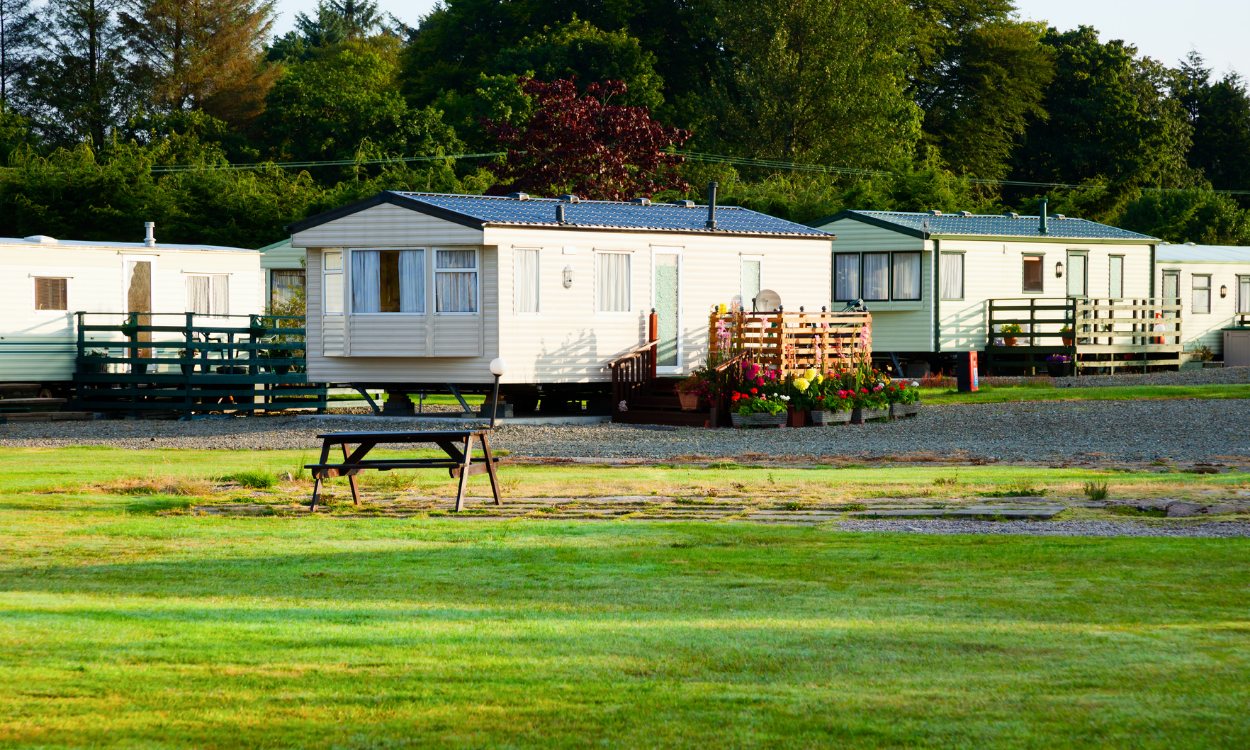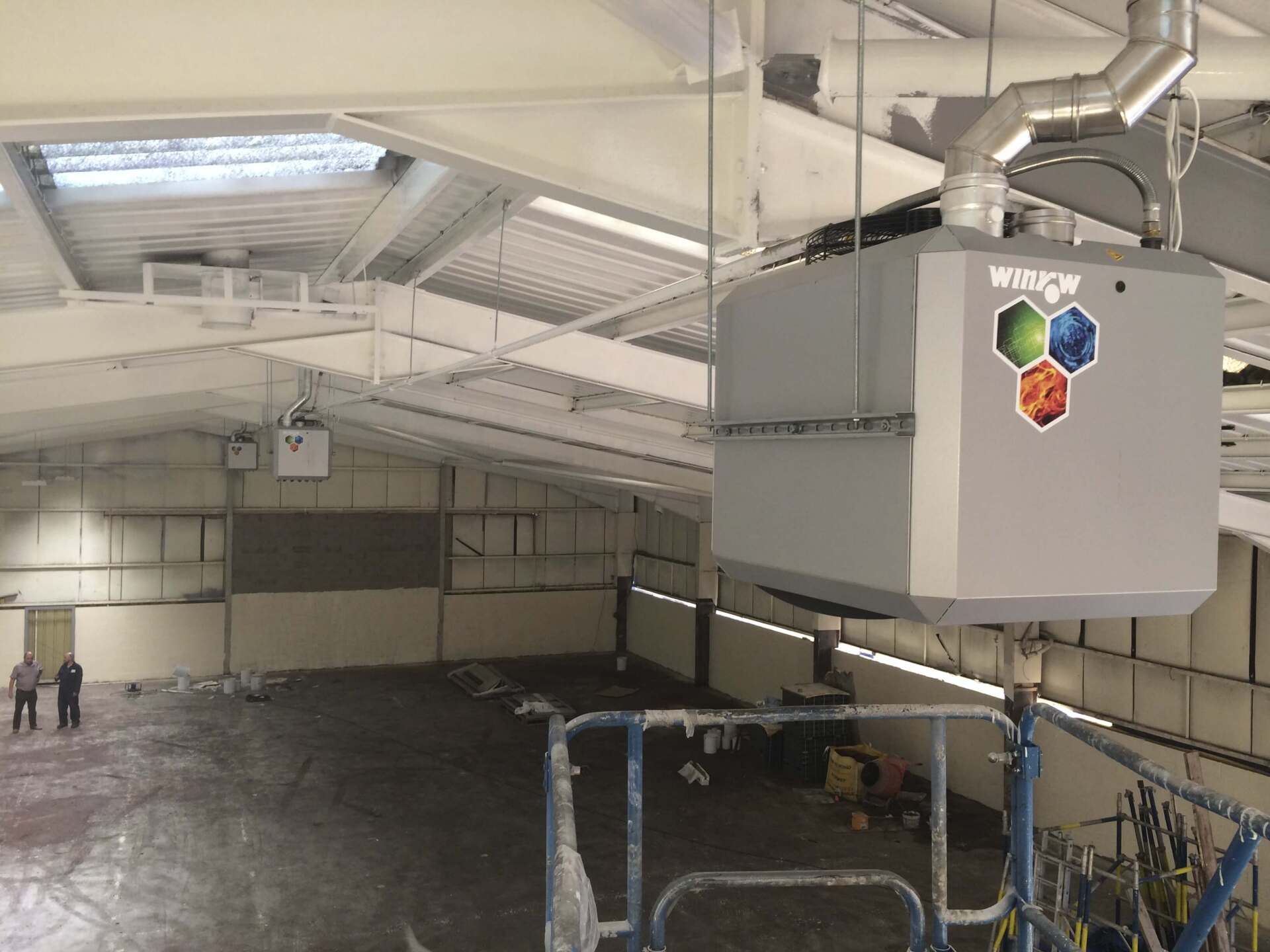Warehouse Heating Regulations: A Simple Guide for UK Business Owners
As a UK business owner or facilities manager, you have a legal and moral duty of care to provide a safe and comfortable environment for your employees. When it comes to heating a large industrial space, this duty is governed by specific regulations that are non-negotiable.
Understanding these rules is essential not just for compliance, but for the welfare of your team and the safe operation of your business. This simple guide will demystify the key warehouse heating regulations you need to know, covering both workplace temperature and gas safety.
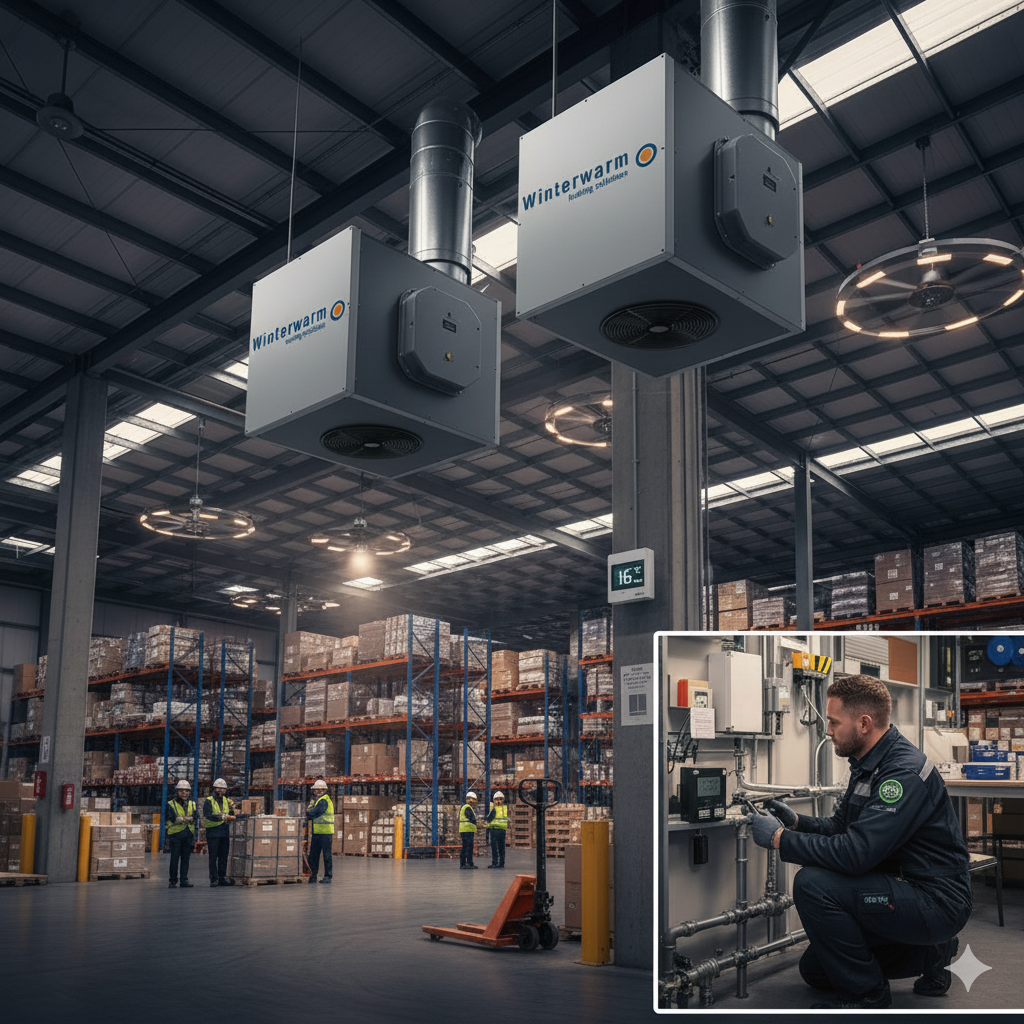
The Main Regulation: Workplace Temperature
The primary guidance for workplace temperature in the UK comes from the Health and Safety Executive (HSE). The rules are set out in the Workplace (Health, Safety and Welfare) Regulations 1992.
While the law states that the temperature inside a building "shall be reasonable," the HSE's Approved Code of Practice (ACOP) provides more specific guidance:
- For workplaces where the work is mainly sedentary (e.g., an office), the temperature should normally be at least 16°C.
- For workplaces where the work involves severe physical effort, it should be at least 13°C.
For most warehouse, factory, and workshop environments, the 13°C minimum is the key benchmark. Failing to maintain this can lead to staff complaints, reduced productivity, and potential action from the HSE. You can read the full guidance on the official HSE website.
The Critical Law: Gas Safety
This is the most serious and strictly enforced regulation. Any business operating gas-fired appliances (which includes the vast majority of warehouse heaters) must comply with the Gas Safety (Installation and Use) Regulations 1998.
The law is crystal clear on one point: any person carrying out work on any gas appliance or fitting must be competent and registered with the Gas Safe Register.
What "Gas Safe Registered" Means
The Gas Safe Register is the official list of businesses and engineers who are legally permitted to work on gas appliances in the UK. To be registered, an engineer must hold relevant, up-to-date qualifications and prove their competence.
This means that every aspect of your gas heating system, from the initial commercial heating installation to its annual service and any subsequent repairs, must be carried out by a Gas Safe registered engineer. Using an unregistered person is illegal and highly dangerous, putting your staff and premises at risk of gas leaks, fires, or carbon monoxide poisoning.
Your Simple Compliance Checklist
Use these questions to quickly assess if your business is compliant:
- Is your heating system adequate? Can it reliably maintain a temperature of at least 13°C-16°C throughout the workspace during the winter?
- Is your system serviced annually? Do you have a regular maintenance contract in place with a qualified company?
- Is your provider Gas Safe registered? Have you checked their credentials? (Factory Heaters is fully Gas Safe registered).
- Do you have a Gas Safety record? After every service, the engineer should provide you with a detailed report of the work carried out.
If the answer to any of these questions is "no" or "I'm not sure," you should take action immediately. For a complete overview of designing a compliant system, see our Ultimate Guide to Warehouse Heating.
Conclusion: Compliance is Non-Negotiable
Heating regulations are not there to be a burden; they are there to keep people safe and ensure a basic standard of welfare. Ensuring your system is correctly installed and professionally maintained is one of the most fundamental responsibilities of running a commercial property. Working with a fully qualified and experienced partner like Factory Heaters is the best way to guarantee your compliance and gain complete peace of mind.
If you have any concerns about the safety or compliance of your current heating system, contact us today. We can provide a comprehensive site survey to assess your equipment and ensure you are meeting all your legal obligations.
